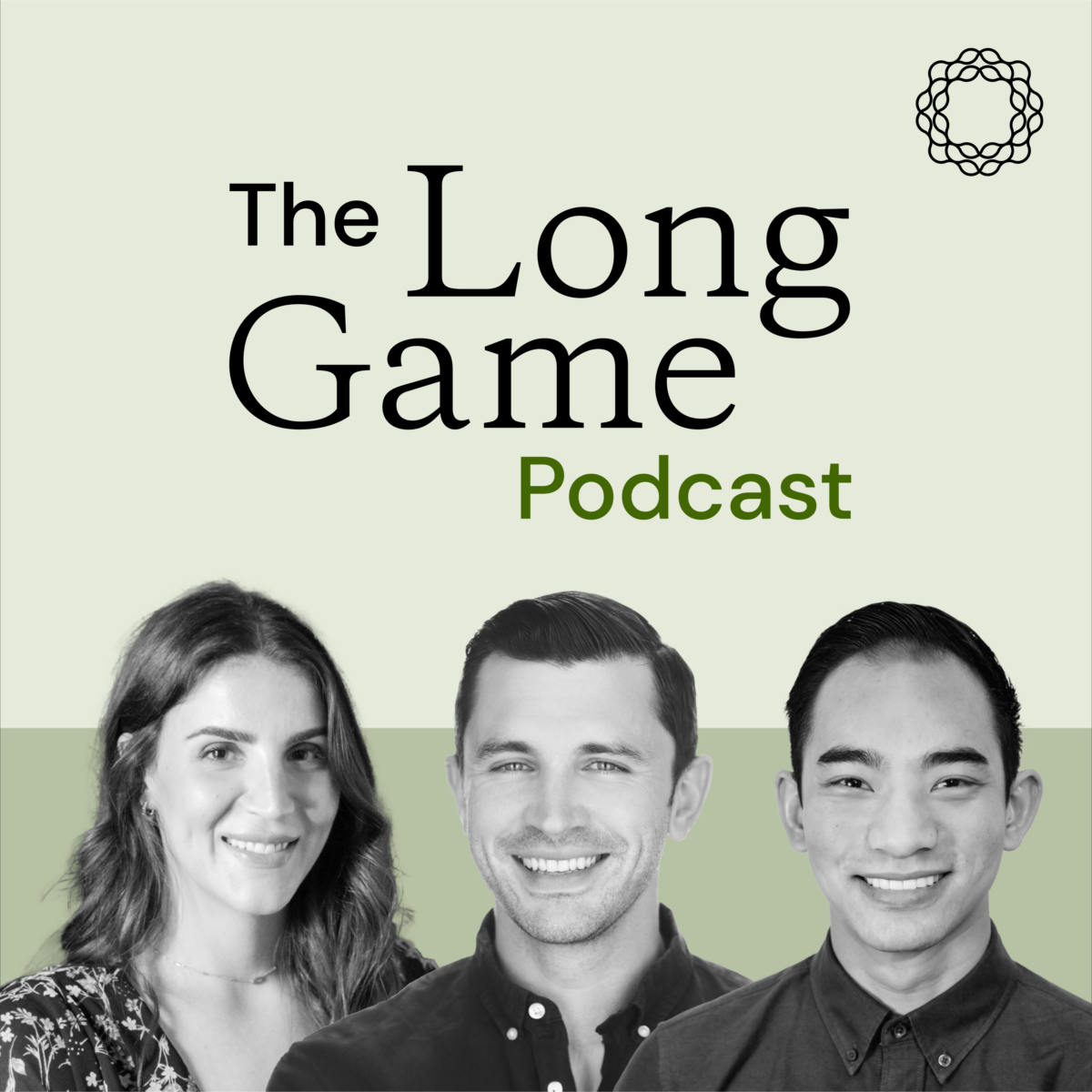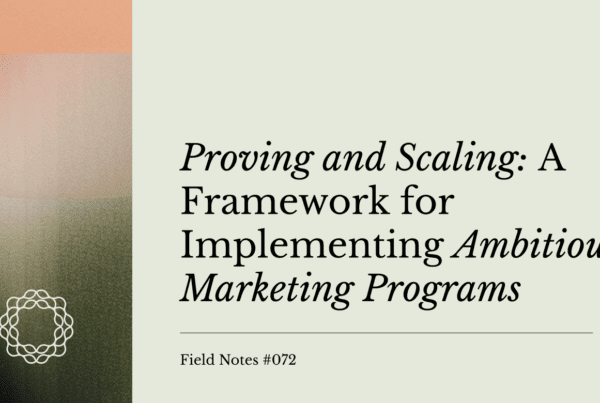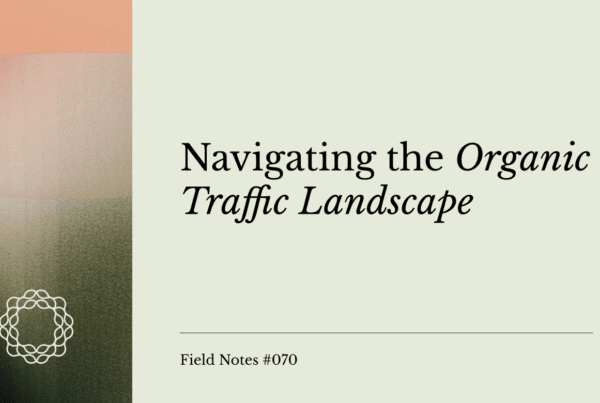
I come from both a marketing and a product management background at HubSpot and I’ve found that a product management lens can be applied to the role of a growth marketer, particularly someone managing SEO programs.
In this note, I’m defining a “traditional marketing role” as someone who focuses on short-term tactics and view channels in isolation. Maybe they do content marketing, or email marketing, or social media. Whatever the case, they’re focused on the specific activities for the channel(s) they own, figuring out how to measure the impact of what they’re doing, and optimizing for that metric.
A product manager’s role is often more nebulous as there are multiple features(s) to build, each with different goals and stakeholders, and requires a deep understanding of the user.
In this scenario, speaking about the role of an SEO professional, I view each of the various organic growth programs as different “products” often with different stakeholders.
For example:
- Editorial SEO is a “product” and the stakeholders are the editorial team, designers, and web developers (if you’re taking NavBoost and UX signals seriously)
- Programmatic SEO is a “product” and the stakeholders are editorial, engineering, and design stakeholders
- Technical SEO is a “product” and the stakeholder is primarily the web team
(Those are just the direct stakeholders, there’s another layer of folks who may not be directly involved but need to be informed.)
Even within each of those buckets, there are different types of editorial, programmatic, and technical SEO programs with their own combinations of stakeholders, each focused on a different part of the customer journey.
Due to the cross-functional nature of SEO, people in these roles might have a direct manager, but often “report” to various executives about their different programs.
When I was a product manager at HubSpot, I reported to our VP of Growth, but I also “reported” to two General Managers, two VPs of Product, a VP of Marketing, and our VP of Corporate Development. They knew what I was working on at any given time, particularly the details of the work most relevant to them.
I had to think of the system that I was working in. How might it impact these VPs and GMs? How might my work impact other product teams? What’s the upside? What are the risks? Who would be impacted? And so on.
So by nature of the work, an SEO also has to think in terms of systems and think long-term, just like a product manager.
In my experience marketers often think short-term to hit their metrics (no offense to marketers – I’m one myself). We sometimes (often?) resort to short-term tactics to hit quarterly goals, execute those tactics in isolation, and lose sight of the bigger goal as while optimizing for a vanity metric.
An SEO, unfortunately (or fortunately?), cannot afford to think short-term because the benefits of their work often aren’t seen until the compounding kicks in after 6-18 months.
And if there are shortcuts taken or hacks implemented, there should be plans to address them down the line. As a product manager, I worked with my engineering and design team to test out concepts and the team would hack together code to validate whether the feature was worth spending more time on. If it worked out, we’d have a plan to improve the code to avoid tech debt down the line.
In SEO, you might “hack” together some changes across 10 pages with basic HTML and CSS (sorry web team…) to validate whether it’s worth doing it across hundreds or thousands of pages. If it’s validated, you’ll likely need to work with the web team to update the templates for the other pages.
All of this is to say, an SEO doesn’t own “a channel.” An SEO owns various programs or, as I like to say, “products” that require a long-term, systematic approach.
Like product management, SEO is a composite effort. You have
- Variables to manage (content velocity, budget)
- Metrics to monitor (traffic, keyword rankings, impressions, clicks, leads, pipeline)
- Feedback loops to monitor (reinforcing loops for editorial SEO, programmatic SEO)
- Iteration cycles (adjust keyword strategy based on performance)
Want more insights like this? Subscribe to our Field Notes.



